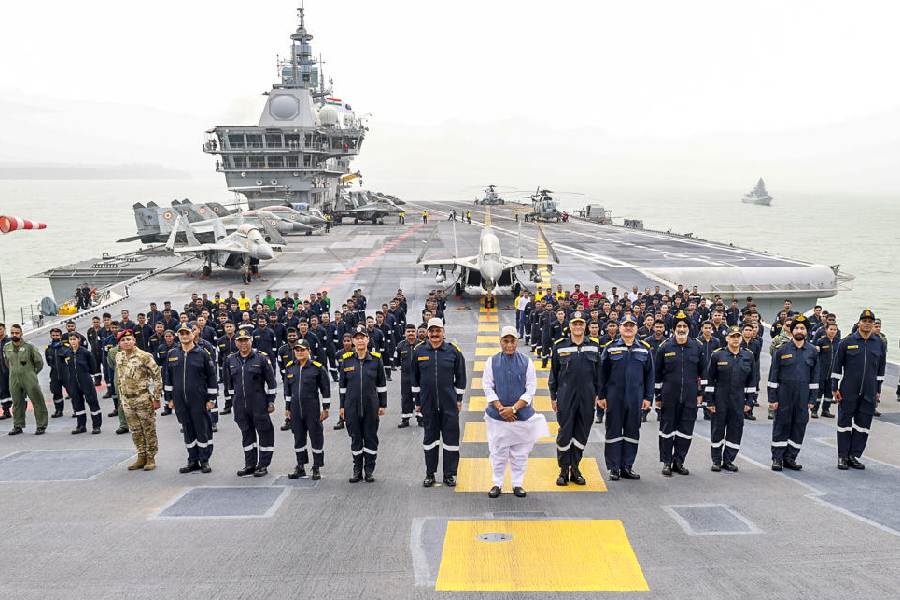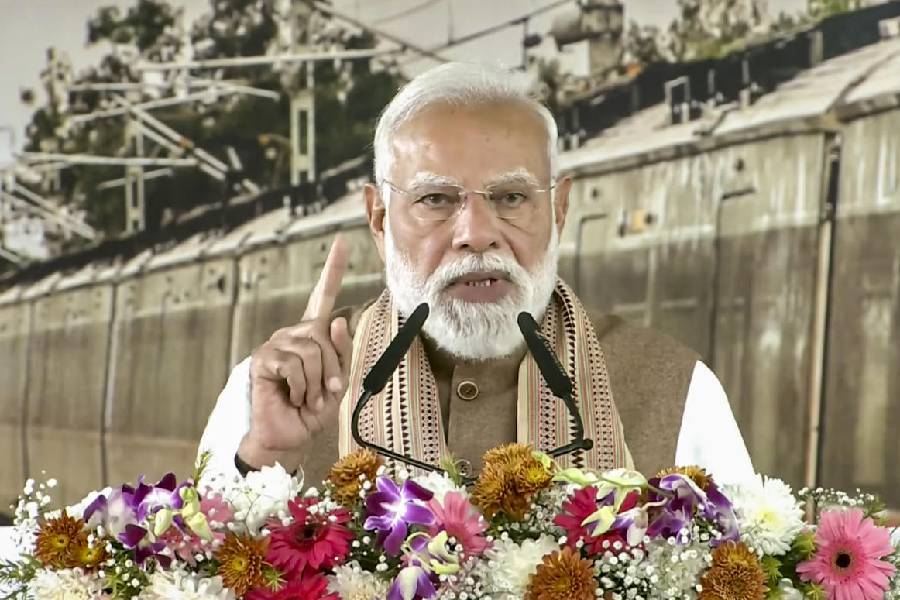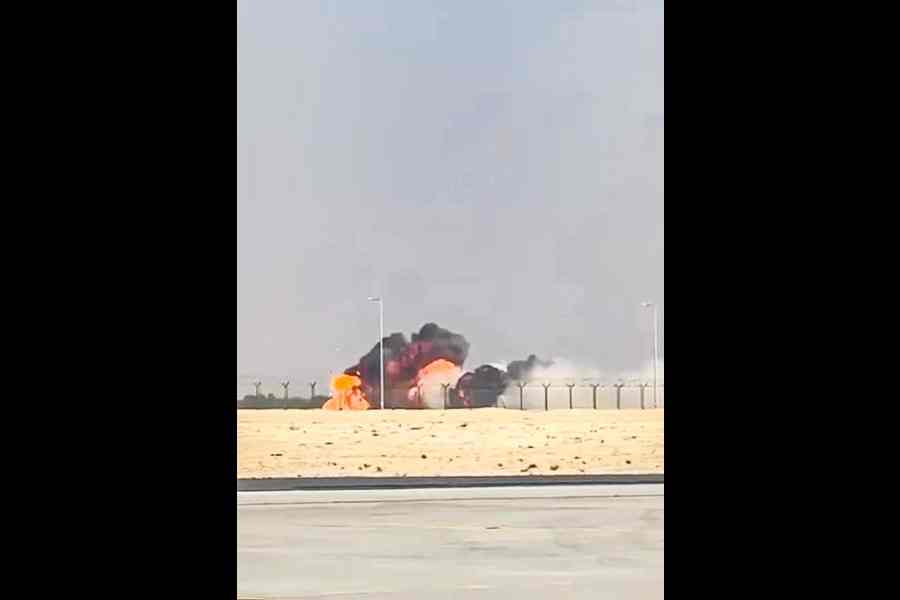Defence minister Rajnath Singh on Friday said Operation Sindoor was not just a military action but India’s frontal assault on terrorism and urged Pakistan to hand over designated terrorists Masood Azhar and Hafiz Saeed to face trial in India if it was serious about talks.
India has long been asking Pakistan to hand over the two “most wanted terrorists”, and this has been New Delhi’s precondition for any dialogue with Islamabad that has been stalled for nearly a decade now.
“It would be in Pakistan’s interest to uproot the nurseries of terrorism operating on its soil with its own hands. If Pakistan is serious about talks, then it should hand over terrorists like Masood Azhar and Hafiz Saeed to India so that justice can be served,” Rajnath said, pointing out that both were on India’s “most wanted” list as well as the UN’s list of designated terrorists.
Saeed is the Lashkar-e-Toiba (LeT) chief and mastermind of the 2008 Mumbai terror attack. Azhar, the founder of the terror outfit Jaish-e-Mohammed (JeM), is wanted in major terror strikes in the country, including the 2001 attack on Parliament.
Aboard India’s first indigenously built warship INS Vikrant off the Goa coast, the defence minister also warned Pakistan while underlining the navy’s formidable strength, stating that had the navy actively joined the other armed forces during Operation Sindoor, Pakistan could have faced an outcome worse than the 1971 war.
“Pakistan knows what happens when the Indian Navy moves with full force. 1971 is a witness to this. When the Indian Navy came into action, Pakistan was divided into two parts,” he said.
“If the navy had come into form in Operation Sindoor, then Pakistan would not only have been divided into two parts, but I think it would have been divided into four parts.”
A 45,000-tonne warship built at ₹20,000 crore, INS Vikrant played a major role in the recently conducted Operation Sindoor.
The deployment was a strategic deterrent, along with other warships including seven destroyers equipped with BrahMos missiles, medium-range surface-to-air missiles and heavyweight torpedoes capable of engaging surface, aerial and underwater threats.
Addressing naval personnel aboard the aircraft carrier, currently deployed in the
Arabian Sea, Rajnath reviewed operational readiness and praised the navy’s role in neutralising threats during the operation.
“When the Indian Air Force destroyed the terror bases on Pakistani soil, the navy’s aggressive deployment in the Arabian Sea, its unmatched maritime domain awareness and supremacy confined the Pakistani Navy to its own shores.
“Our western fleet ships deployed at sea within 96 hours of the Pahalgam terrorist attack, carried out successful firings of surface-to-surface and surface-to-air missiles and torpedoes on the western and eastern coasts. It demonstrated the combat readiness of our platforms, forcing the enemy to come into a defensive posture,” Rajnath said.
He said that if Pakistan resorted to anything evil or unethical, it would face the firepower and ire of the Indian Navy.










